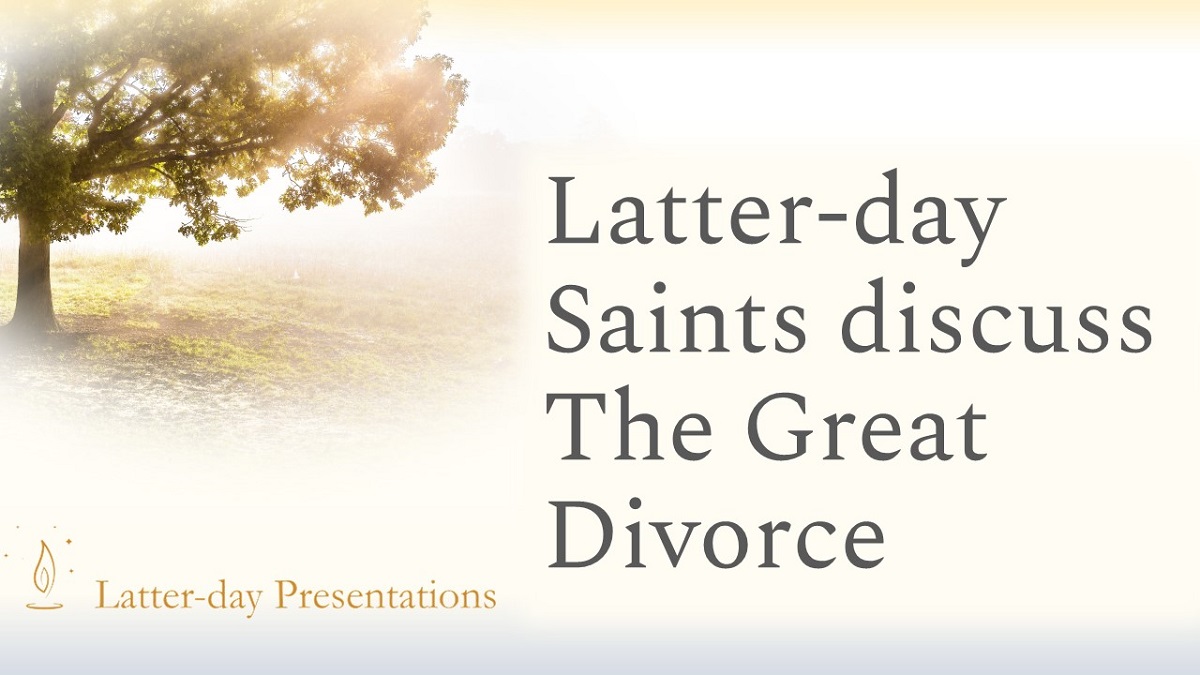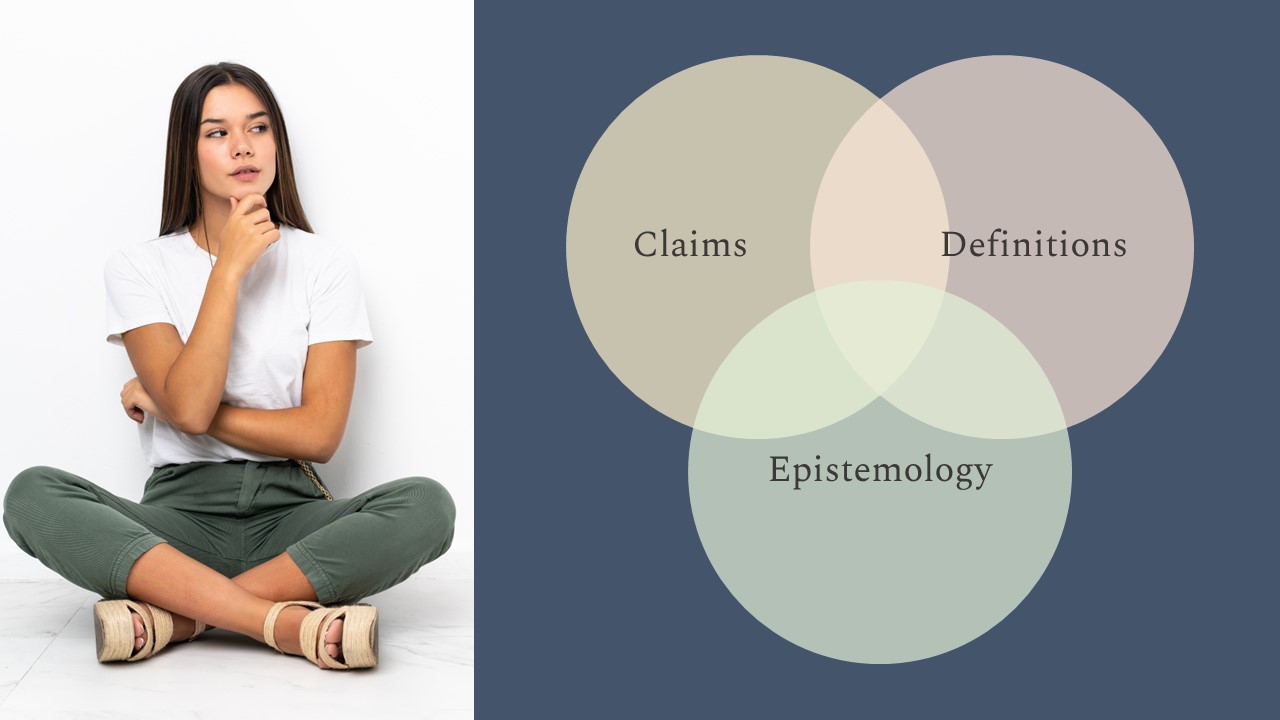Sola Scriptura is the idea that scripture is the only authority for doctrine and for resolving questions of faith. It’s common in protestant sects, but it’s also embraced by fundamentalist-minded Latter-day Saints and Mormons. Our version of sola scriptura manifests itself in conversations like these:
Church leadership: we are announcing a new policy on accessing church computer systems in meetinghouses.
Critic: I don’t see any revelation in the scriptures on that! Show me in the D&C where we have a revelation on church computer systems!
Continue reading “Friends don’t let friends embrace sola scriptura”

